An Investigative Cinema: Politics and Modernization in Italian, French, and American Film. New York: Palgrave Macmillan, 2018.
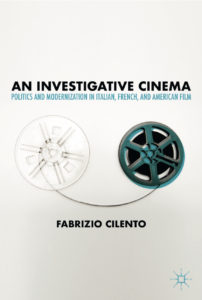
My monograph traces the development of a previously unrecognized category I call “investigative cinema,” whose main characteristic lies in reconstructing actual events, political crises and conspiracies. Concerned with the intersection between politics and form, the films under consideration are rarely discussed by scholars, especially from a comparative perspective. Nor do they fall into commonly recognized film genres or fit auteur paradigms. Because they share a common approach to reality, they are often labeled “political;” however, they only partially share the revolutionary impulse of Soviet avant-gardes or the reform-minded optimism of early neorealism. In dealing with governmental power as manifested in a Kafkaesque legal system, impersonal bureaucracy, and the repressive forces of the army and police, these documentary-like films refrain from a simplistic reconstruction of historical events and are mainly concerned with producing what does not immediately appear on the surface of events. Consequently, they raise questions about the nature of the “truth” promoted by institutions, newspapers, archives, dossiers, television and new media reports, or digital audio and video files. By highlighting unanswered questions, they often leave us with a lack of clarity. In fact, while the plot conveys information, the questioning of documentation becomes the actual narrative. Recent studies by Kristin Ross, James Tweedie, Inez Hedges, Alan O’Leary, Laura Mulvey, Stephen Prince, Angelo Restivo, Dana Renga, and Marcia Landy have demonstrated the possibility of situating film in relation to the economic and geopolitical changes brought on by massive modernization and the violent forms of resistance to it. These involve the persistence of banditry and organized criminality, political assassinations, terrorism, and the use of torture and rendition. Following this debate, I examine the centrality of investigative cinema in relation to the historical conjunctures of the “economic miracle” in Italy, the simultaneous decolonization and reordering of culture in France, the waves of globalization and neoliberalism in post-dictatorial Latin America, and the post-Watergate, and post-9/11 climate in US society. Against this background of economic transformation and modernization, the history of investigative cinema is exemplified by the films Salvatore Giuliano, Battle of Algiers, The Parallax View, and Zero Dark Thirty among others, as well as TV series such as Gomorrah and Homeland. I also engage with the most representative actors of investigative cinema, Gian Maria Volonté and Gael García Bernal. My research traces the emergence of a constellation of pressing concerns in contemporary critical theory: namely, the national space, post-colonialism, transnational stardom, and above all the impact of television and digital media on cinema in both the European and American contexts.
Selected Filmography (in chronological order)
Salvatore Giuliano (Francesco Rosi, 1961)
The Manchurian Candidate (John Frankenheimer, 1962)
Hands over the City (Francesco Rosi, 1963)
Muriel, or the Time of Return (Alain Resnais, 1963)
Love Meetings (Pier Paolo Pasolini, 1964)
Battle of Algiers (Gillo Pontecorvo, 1966)
Dillinger is Dead (Marco Ferreri, 1968)
Investigation on a Citizen Above Suspicion (Elio Petri, 1970)
Gimme Shelter (Albert and David Maysles, 1970)
The Mattei Affair (Francesco Rosi, 1972)
The Parallax View (Alan J. Pakula, 1974)
Three Days of a Condor (Sydney Pollack, 1975)
All the President’s Men (Alan J. Pakula, 1976)
Todo Modo (Elio Petri, 1976)
The Moro Affair (Giuseppe Ferrara, 1987)
Who Killed Pasolini? (Marco Tullio Giordana, 1995)
One Hundred Steps (Marco Tullio Giordana, 2000)
In the Valley of Elah (Paul Haggis, 2007)
Rendition (Gavin Hood, 2007)
Battle in Seattle (Stuart Townsend, 2008)
Gomorrah (Matteo Garrone, 2008)
Il Divo: The Spectacular Life of Giulio Andreotti (Paolo Sorrentino, 2008)
Sleep Dealer (Alex Rivera, 2008)
Standard Operating Procedure (Errol Morris, 2008)
The Hurt Locker (Kathryn Bigelow, 2008)
Even the Rain (Icíar Bollaín, 2010)
Fair Game (Doug Liman, 2010)
Diaz – Don’t Clean Up This Blood (Daniele Vicari, 2012)
No (Pablo Larraín, 2012)
Piazza Fontana: The Italian Conspiracy (Marco Tullio Giordana, 2012)
Zero Dark Thirty (Kathryn Bigelow, 2013)
American Sniper (Clint Eastwood, 2014)
Eye in the Sky (Gavin Hood, 2015)
Spotlight (Tom McCarthy, 2015)
Homeland (Showtime, 2011-)
Snowden (Oliver Stone, 2016)
An Investigative Cinema (Book)
- Categories →
- Research
-
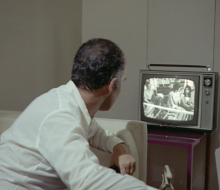
An Investigative Cinema (Book)

-
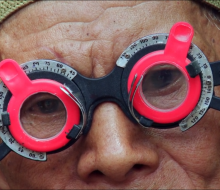
Joshua Oppenheimer’s Cold War Between Thought and Expression

-
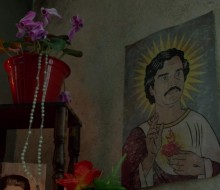
Too Strange to Believe: Magical Realism and Cold War Politics in Narcos

-
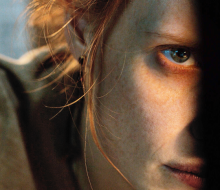
The Aesthetics of the Procedural in Post-9/11 Cinema (Cinema Journal)

-
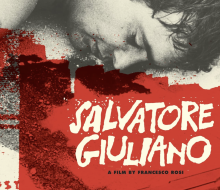
Shifting the Present: Francesco Rosi’s Salvatore Giuliano (Chronica Mundi)

-

In and Out of the Jungle: The Politics of Gael García Bernal (SCMS 2016)

-
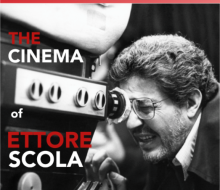
The Cinema of Ettore Scola (International Symposium at Casa Artom; Venice)

-
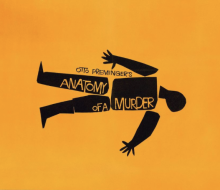
Just Imagine: Genre and the Logic of Movie Posters (Invited Talk)

-
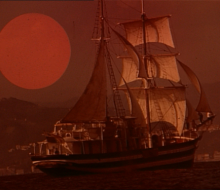
Evening Rituals: Marco Ferreri’s Dillinger is Dead (Intersections Conference; Florence)

-

Contemporary Science Fiction Cinema — Two Special Dossiers for Film Matters 8.3 & 9.1

-
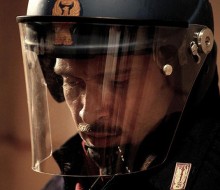
Network Narrative in Diaz. Don’t Clean Up This Blood (Harvard, ACLA 2016)

-

What Julian Smith Hates (and Loves) About Facebook: Social Media Parody as Self-Promotion (Comedy Studies)

-
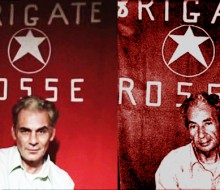
The Moro Affair in Gian Maria Volonté’s Movies (Book Chapter)

-
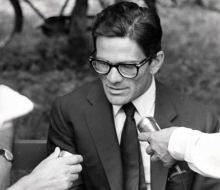
The Interview as Self-criticism: on Pasolini’s Metatelevisual and Extracinematographic Performativity (Book Chapter)

-
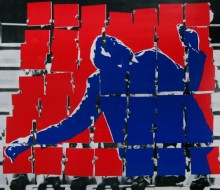
The Ontology of Replay: The Zapruder Video and American Conspiracy Films (Teorija in praksa)

-
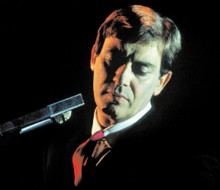
The Missed Encounter with the Actor-Poet: Carmelo Bene and Vittorio Bodini According to Ruggero Jacobbi (California Italian Studies)

-

One Hundred Steps & the Neorealist Heritage (Book Chapter)

-
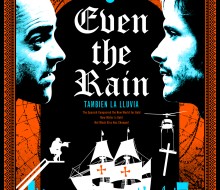
Even the Rain: A Confluence of Cinematic and Historical Temporalities (The Arizona Journal of Hispanic Cultural Studies)

-
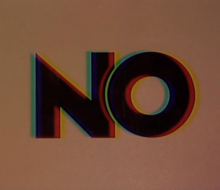
Pablo Larraín’s No and the Aesthetics of Television (Seismopolite)

-

Saviano, Garrone, Gomorrah: Neorealism and Noir in the Land of the Camorra (Fast Capitalism)

-

Conferences

-

Theater According to Ruggero Jacobbi

-
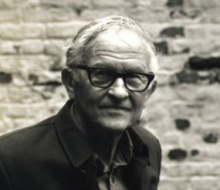
A Conversation with Albert Maysles

-
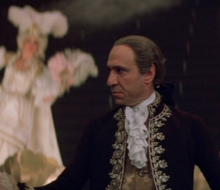
Rock me Amadeus: The Mozart-Salieri Conflict in Drama & Film

-

A Certain Absence in French Cinema

-
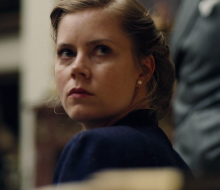
Cinemablography: Laughter as a Menacing Motif in Paul Thomas Anderson’s The Master

-

Cinemablography | A Legacy Intertwined: Christopher Nolan and his Dark Knight

-

Cinemablography | Hugo: Nostalgia for the Origins of Cinema

-
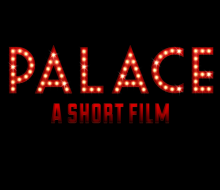
Palace, A Short Film

-

Dragoon Online

-

Pioneering YouTube

-

Genetic Ancestry Project

-
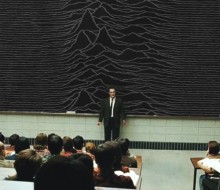
Teaching

-

Science Fiction Cinema

-

Short Story from Borges to HTML

-

Eremo Zafer (Poetry)

-

Adagio Domestico (Crocetti Editore)

-
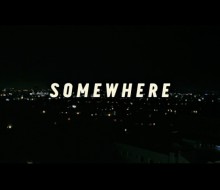
Somewhere Else (Poetry Book)

-
Clients

